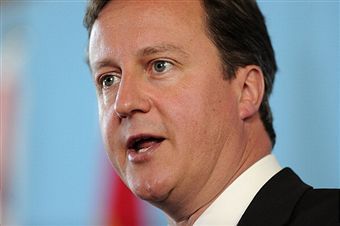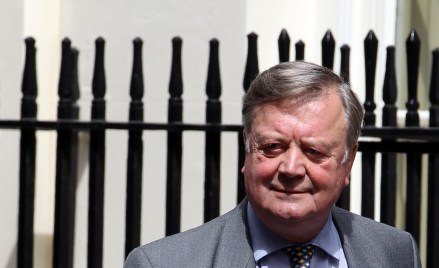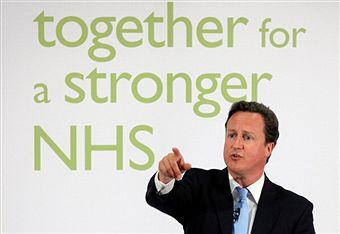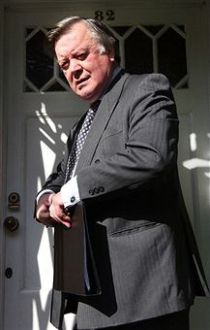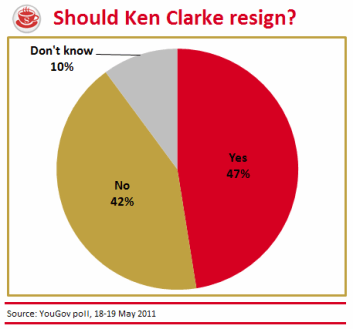Blunt’s flawed rehabilitation programme
The decisions of Crispin Blunt, the prisons’ minister, are hard to fathom. One wonders why-as the Daily Mail reports today — he allowed a man convicted of killing five people to give an unapologetic interview to a magazine. Blunt’s defence is that it wouldn’t have been right for him to stop it. That may be the case but that doesn’t explain his decision to send a press officer to assist with the whole procedure. Rehabilitating prisoners is vital if we are going to tackle crime in this country. But it is hard to see how this kind of thing — or parties in prison — help that noble aim. Rather



